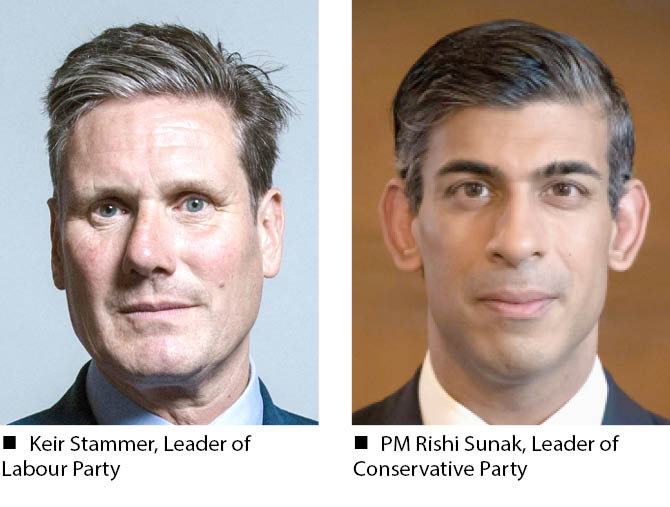Around 40,000 polling stations across the United Kingdom opened today from 7 a.m. to 10 p.m. as approximately 50 million British citizens participate in the general election to elect members of parliament for the House of Commons.
The election operates under the UK’s first-past-the-post system, where each of the 650 constituencies elects one Member of Parliament. The party securing at least 326 seats forms the government, with its leader becoming the prime minister. In the absence of a majority, the current prime minister has the first opportunity to forge a coalition government.
Voting options include in-person at polling stations, by post, or through a designated proxy.
A total of 392 registered political parties are participating, with major contenders including Labour, Conservatives, Liberal Democrats, SNP, and Reform UK. Notably, a Yoruba Party is fielding a candidate in the Peckham area of London.
All four constituent countries—England, Northern Ireland, Wales, and Scotland—are involved in the election, with over 150,000 polling station staff ensuring fair and open proceedings, as confirmed by the electoral commission.
Earlier reports noted over 30 candidates of Nigerian origin on the ballot, drawing attention from Nigerians both in the UK and at home.
This election introduces a national requirement for voters to present a photo ID for the first time, following its implementation in local elections since 2023.
It holds significant implications for the UK’s political trajectory, with the Labour Party leading in pre-election polls and potentially poised for a change in leadership for the first time in 14 years.
Critical issues dominating campaigns include the economy, healthcare, immigration, and housing.
Meanwhile, Prime Minister Rishi Sunak reportedly expressed concerns to close aides about potentially losing his Yorkshire constituency. He previously secured the seat with a majority exceeding 27,000 votes and 63% of the vote in 2019.

 Join Daily Trust WhatsApp Community For Quick Access To News and Happenings Around You.
Join Daily Trust WhatsApp Community For Quick Access To News and Happenings Around You.